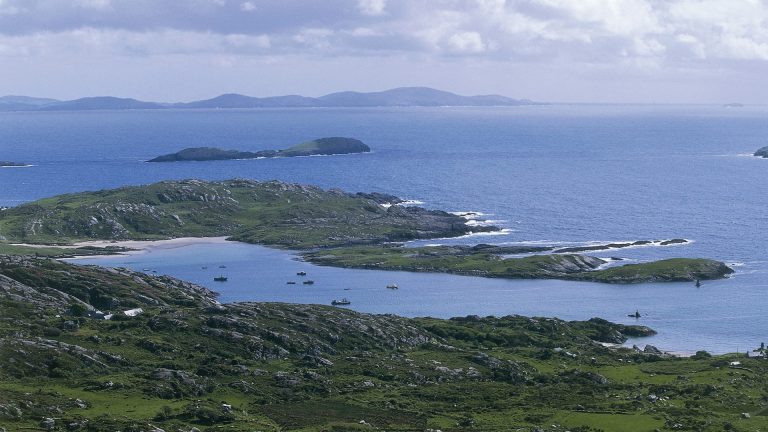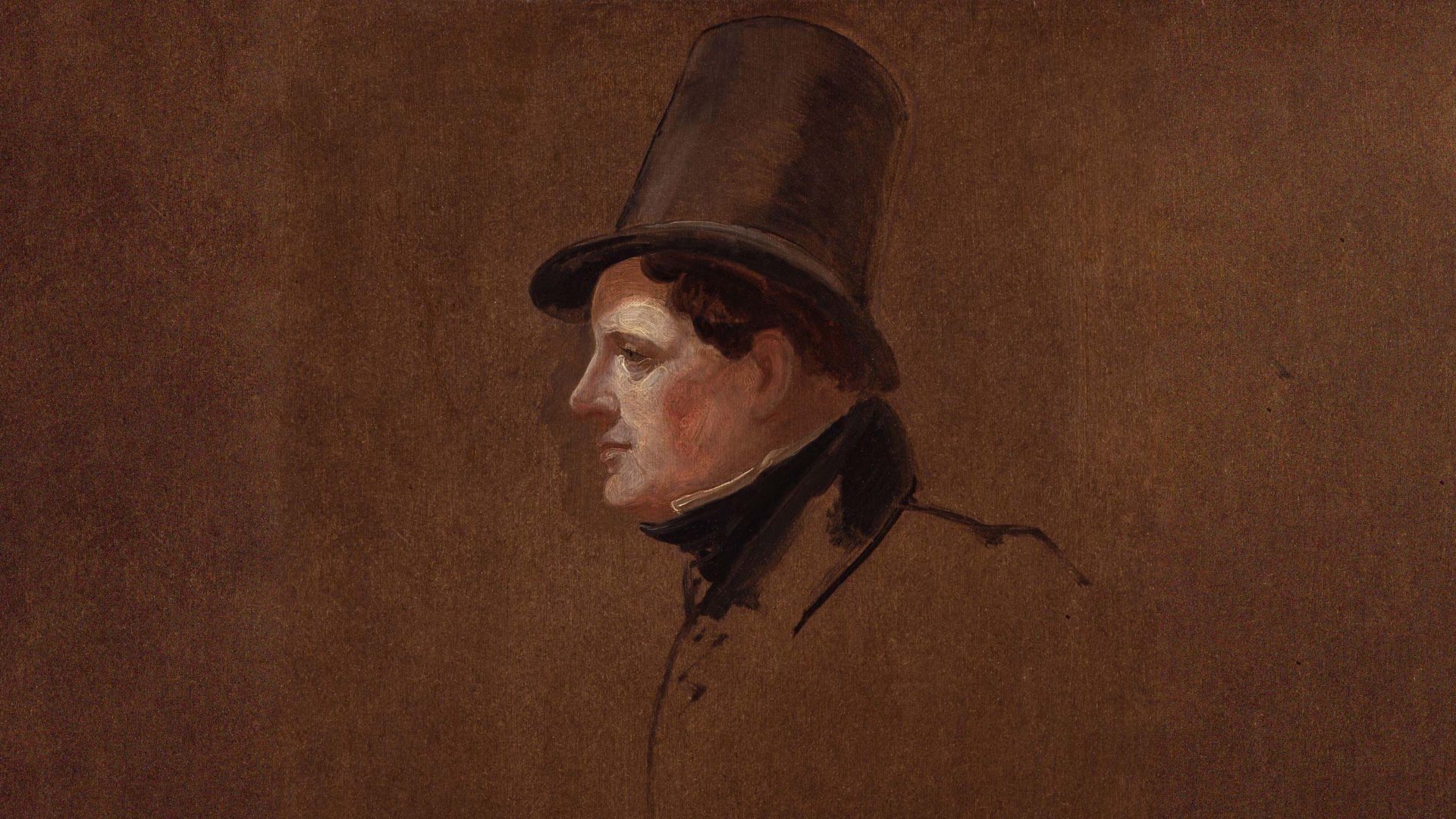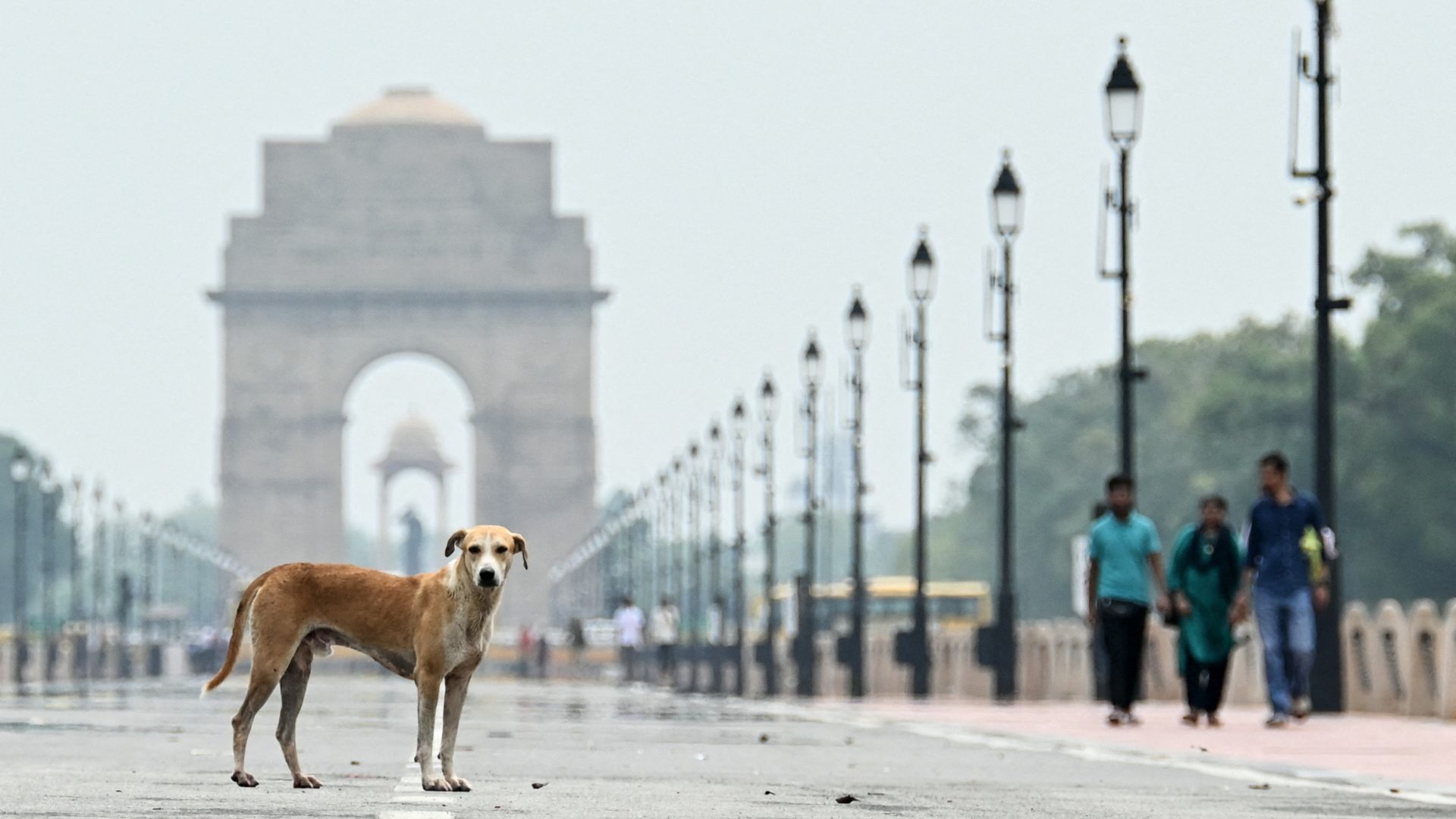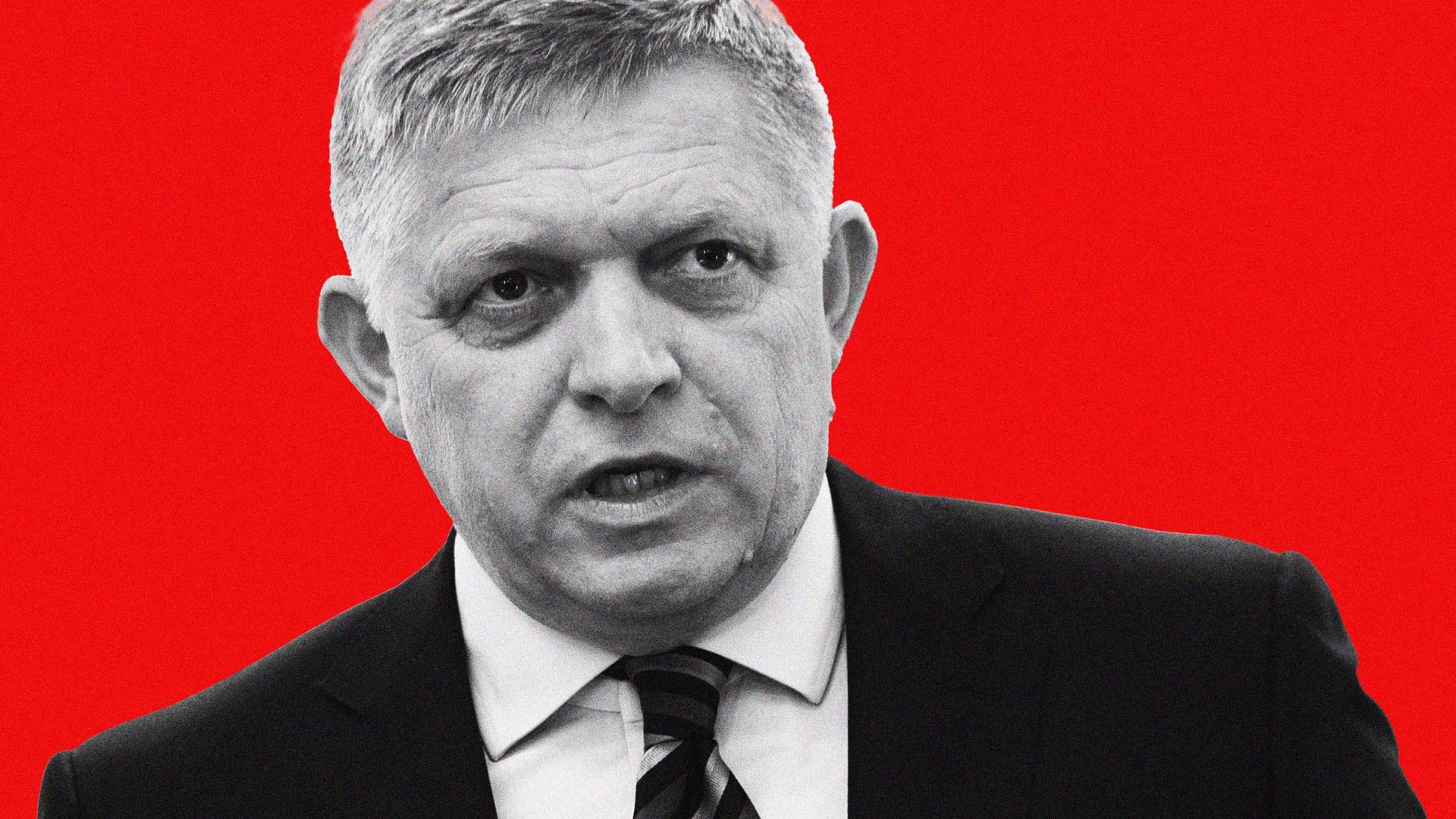Along with the annual summer rituals of rainy beach-days and sporting triumphs, this August in Kerry has been all about celebrating the 250th birthday of local-lad-made-good Daniel O’Connell.
The taoiseach was down earlier in the month to mark the big day of the man they call “the Liberator”, and Micheál Martin promised to return for more commemorations.
You can tell that a person has done well in this country when a church is named after them. In fact, the grand slate-grey Daniel O’Connell Memorial Church overshadowing the main street of Cahersiveen bears the honour of being the only one in Ireland named after a layperson.
That is mildly ironic, considering that for much of his adult life O’Connell wasn’t even a practising Catholic. And his early religious indifference – he regained his faith later in life – is itself an irony, because his greatest achievement was the liberation of the 85% of his compatriots who were Catholic from religious discrimination under “penal laws” laid down by the British in the 17th and 18th centuries.
But then there are many fascinating contradictions about the man.
For instance, he was a wealthy and prominent Catholic barrister from a landowning family in a country where few people of his religion had money, where Catholics were legally disbarred from being senior barristers and obstructed from the ownership of land.
O’Connell was a pacifist who killed a man in a duel. He was a humanist who built his reputation and immense following on religious emancipation. He was an officer of the court, whose uncle Maurice, the family patriarch, was probably an active smuggler.
An orator of genius capable of inspiring great emotion, O’Connell kept crowds of hundreds of thousands in peaceable order at “monster meetings” that nonetheless rattled the British authorities.
Often hard-up, to maintain his political salon in Dublin he resorted to becoming perhaps the first crowdfunder in history, recruiting members of his Catholic Association with a subscription of just a penny a month.
In short, if you will forgive a pun he might have used in his own grandiloquent rhetoric, he was a mass of paradoxes.
Suggested Reading

Where to find your people in Ireland
After all, here was a figure of international reputation, inspiration to Frederick Douglass in America and Camillo Cavour in Italy, a model for Gandhi and Martin Luther King. He was almost certainly the most famous Irishman in the world during his lifetime.
Yet since that big grey church was built in the early 1900s, a time when the impetus of Irish independence took a different and less patient path, he has been partially sidelined in the independent nation’s memory.
You would not have thought so for a moment amid the bunting and the banter in Kerry this month, but “King Dan” does not really have the historical stature you might expect.
A compelling documentary on O’Connell broadcast by RTÉ in 2019 was subtitled Forgotten King of Ireland. In 2006, the journalist Fintan O’Toole described his treatment by 20th- and 21st-century politicians as the “official neglect of [his] role as the founder of Irish democracy”.
Here was a man who, in the wake of the French Revolution and in an atmosphere of violent political agitation across Europe, intimidated the government of the great British empire not by force, but by mass peaceful protest. It was a political movement the like of which the world had never seen.
What explains this shortfall of recognition of the Liberator? One suggestion is that O’Connell’s tactics in the early 19th century were too peaceful for those who sought an independent Ireland nation a century later through armed struggle.
O’Toole says that new state “encoded, almost in its DNA, a distrust of non-violent change”. Seán T O’Kelly was second president of Ireland and a veteran of the 1916 Easter Rising. When he took office in 1945, he relegated a bust of O’Connell to the basement of his official residence.
Éamon de Valera, the dominant figure of 20th-century Irish politics, explained to a young friend in the 1960s: “We firmly believed [then] that the Irish people could only be ‘jolted’ from their lethargy, and Irish freedom and liberty achieved by force of arms. How then could we promote the memory of [O’Connell] who achieved so much by parliamentary means with no loss of life? To praise him would have made it impossible for us to justify armed insurrection.”
Today, Irish people and their politicians prefer to remember a man who campaigned against the oppression of not only Catholics, but slaves, European Jews and indeed anyone. I am glad to have been here for his big birthday. We could do with him back.
Ben Fenton was chief media correspondent of the FT and Washington correspondent of the Daily Telegraph



